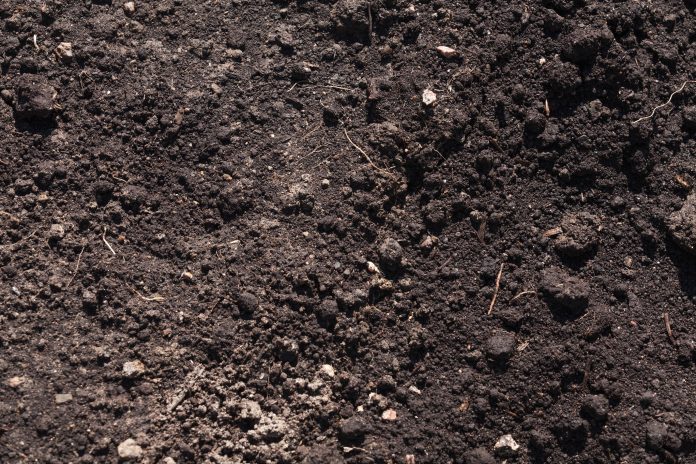Scientists have discovered a signal that causes roots to stop growing in hard soils, opening doors for a potential solution to help plants to grow in the most damaged soils
An international research team, led by scientists from the University of Nottingham’s Future Food Beacon and Shanghai Jiao Tong University, has discovered how the plant signal ‘ethylene’ causes roots to stop growing in hard soils. however, after this signal is disabled, roots will able to push through compacted soil.
Hard or compacted soils trigger a reduction in root penetration and uptake of water and nutrients. It can reduce crop yields by over 50%, resulting in significant economic losses to the agriculture sector.
Europe has over 33-million-hectares of soil prone to compaction, the highest in the world. However, this new discovery could aid plant growth if the signal is disabled.
Implications for agriculture
Professor Malcolm Bennett from the University of Nottingham School of Biosciences said:
“Understanding how roots penetrate hard soils has huge implications for agriculture, as this knowledge will be crucial for breeding crops more resilient to soil compaction.
“Our team’s identification that the plant signal ethylene controls root responses to hard soil opens up new opportunities to select novel compaction resistant crops.”
X-ray Computed Tomography scanners
The research utilised X-ray Computed Tomography scanners available at the Hounsfield Facility at the University of Nottingham to visualise in situ how plant roots responded to compacted soil.
Professor Sacha Mooney from the University of Nottingham and Director of the Hounsfield Facility explained:
“Prior to this research we assumed that the hardness of the soil prevented roots growing deeper.
“By using our imaging approach, we were able to see that roots continued growing in very hard soils when the ethylene signal was switched off. The potential for new crops that can now go deeper in soils and capture previously unavailable resources is really exciting!”
Global collaboration
The team is made up of researchers from nine universities based in Europe, China and USA, integrating expertise spanning from plant and soil sciences to bioimaging and mathematics.
Funding comes from:
- Royal Society Challenge Grant
- Biotechnology and Biological Sciences Research Council Discovery Fellowship
- University of Nottingham Future Food Beacon awards.
Source:











